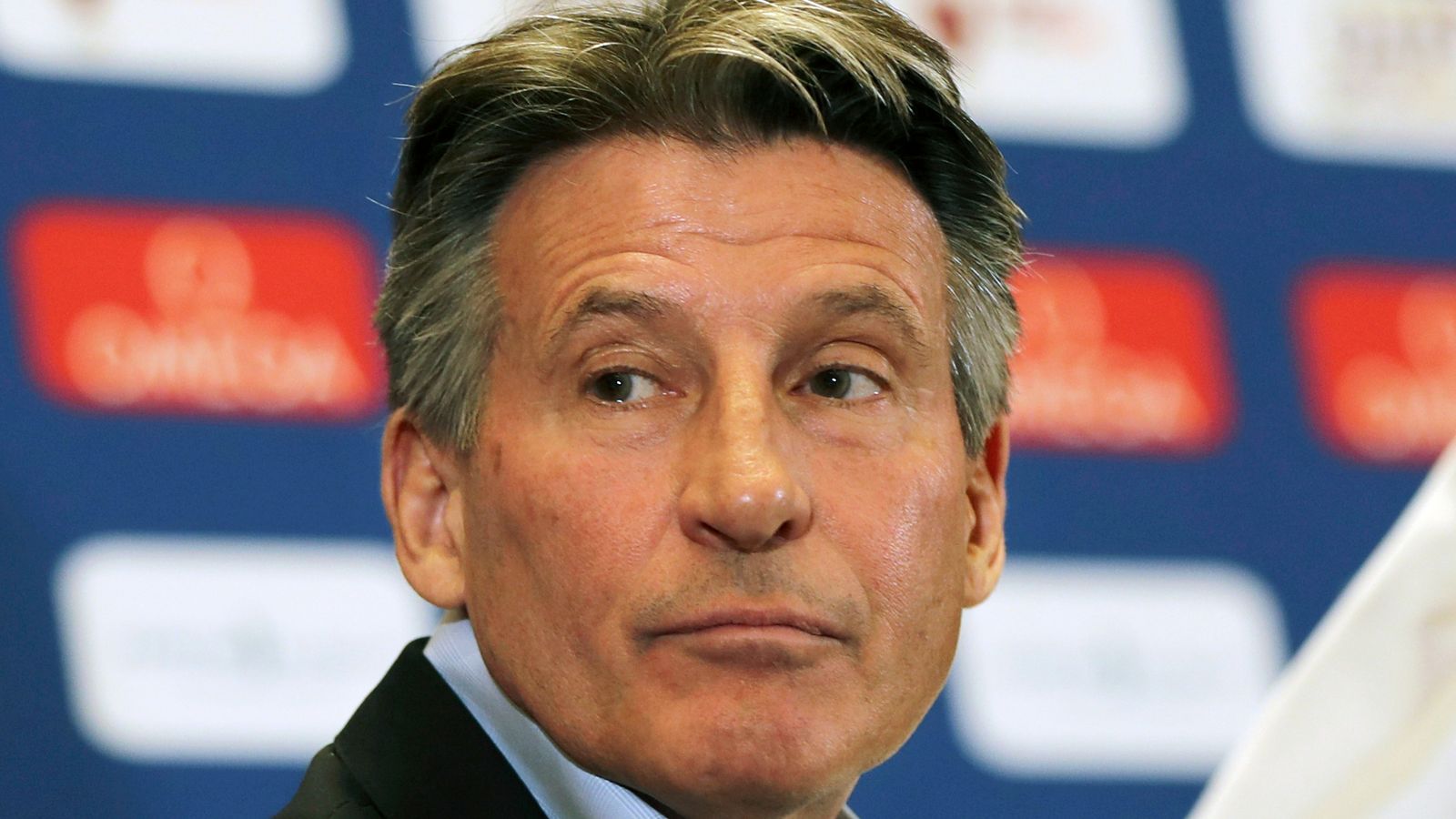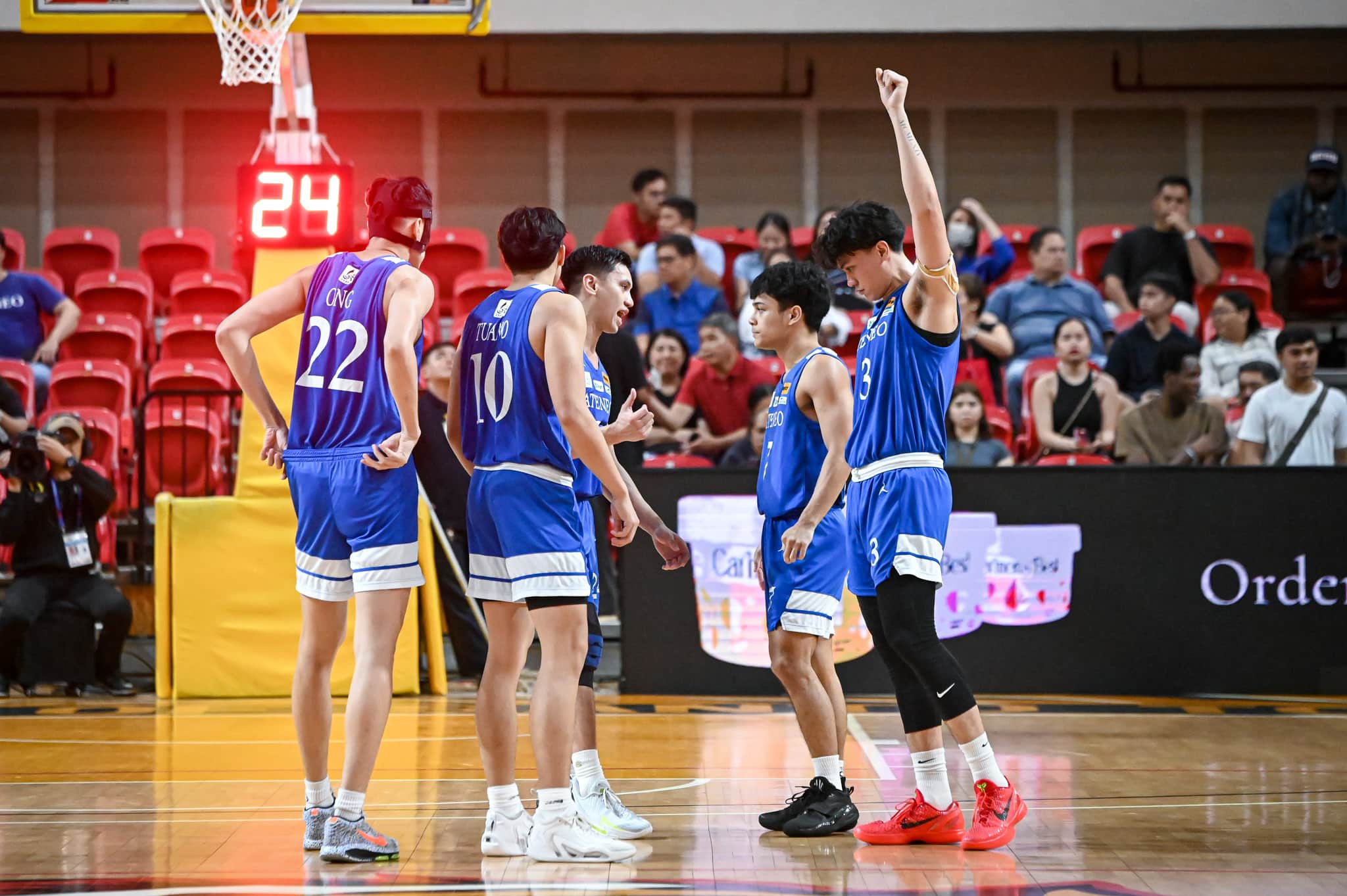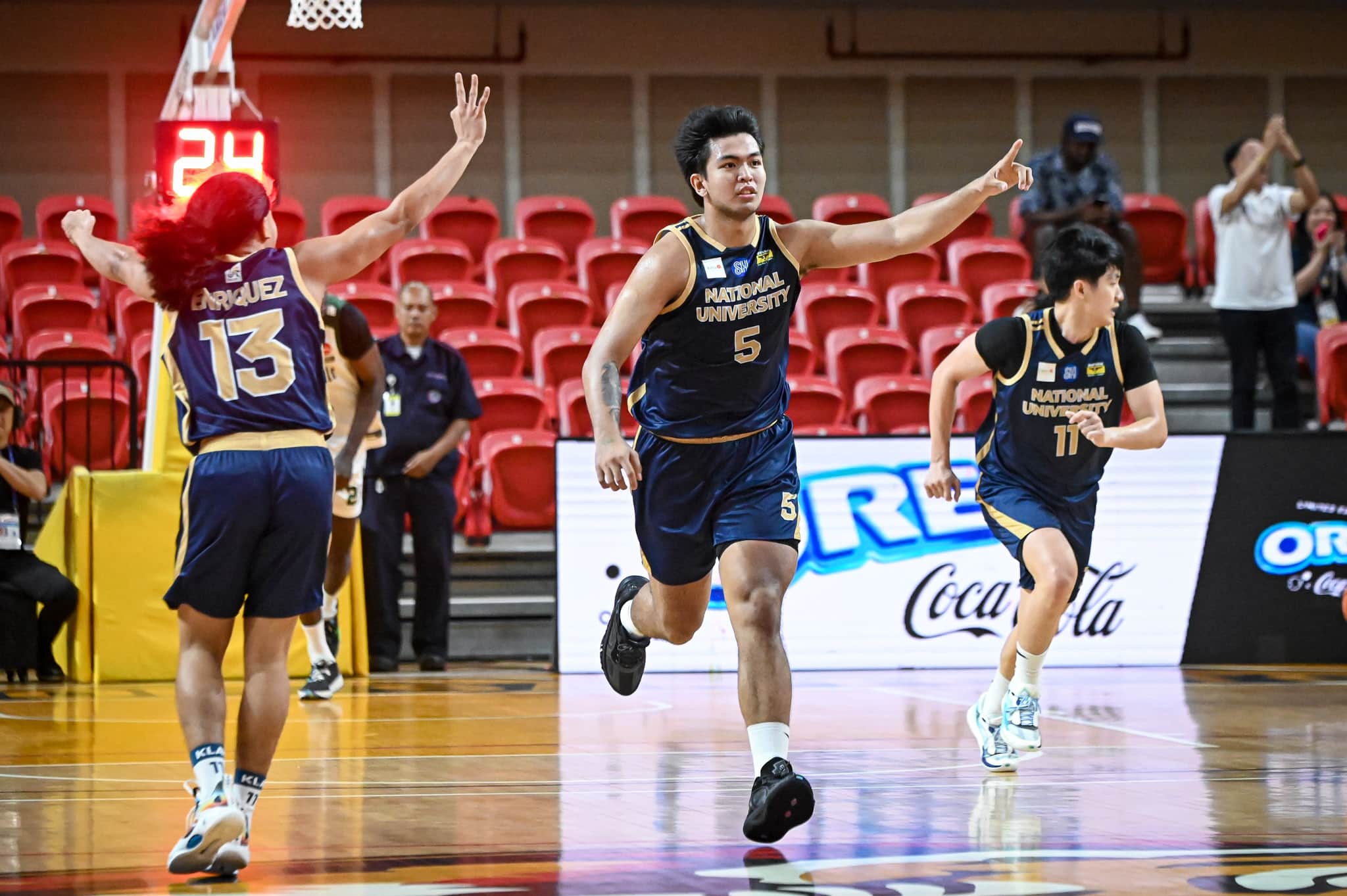
Sebastian Coe: IOC president candidate says protecting female sport is ‘non-negotiable’ | Olympics News
Jody
- 0
Sebastian Coe says protecting female sport is a “non-negotiable” after speaking for the first time since revealing he is set to run for election as the president of the International Olympic Committee (IOC).
Two-time Olympic champion Coe was the chair of London 2012 and is currently president of World Athletics, a position in which he has negotiated tricky issues such as doping, banning Russia and his stance on the protection of female athletes and the female category.
Speaking to Sky Sports News, Coe said he is more prepared than any job before to become president of the IOC – a position held by Thomas Bach for the last 10 years.
The other six candidates are Spain’s Juan Antonio Samaranch Jr, France’s David Lappartient, Zimbabwe’s Kirsty Coventry, Japan’s Morinari Watanabe, Sweden’s Johan Eliasch and Prince Feisal al Hussein of Jordan.
Should Coe win the election in March next year, he would face a number of challenges. As president of World Athletics, the biggest Olympic sport, he has very publicly tackled a number of controversial issues – none more topical than the protection of the female category.
World Athletics has a position where transgender athletes are barred from competing in the female category at international events. They also have a clear eligibility policy for athletes with DSD (differences of sex development).
At the Paris 2024 Olympics, away from the sport, a row over the eligibility of two female female boxers dominated. Algerian Imane Khelif and China’s Lin Yu-Ting were alleged to have failed gender tests in 2023, although no evidence was or has been provided to back up that allegation.
Please use Chrome browser for a more accessible video player

Sky Sports News reporter Geraint Hughes explains why Algerian boxer Imane Khelif is taking legal action over media reports in France
Some incorrect headlines suggested the boxers were transgender athletes – even though both were born female and are classed as female in their passports. However, the row proved controversial and has brought the debate around eligibility and female classification into the spotlight.
“The protection of the female category is entirely non-negotiable,” said Coe.
“If you do not protect the female category in sport, you will lose women’s sport. That is not something I’m prepared to do.”
Please use Chrome browser for a more accessible video player

Sky Sports’ Geraint Hughes reported on Imane Khelif’s gold medal victory as the Algerian defeated China’s Yang Liu in the Olympic final in August
Khelif won gold in the women’s welterweight competition in Paris amid huge controversy after the International Boxing Association (IBA) said the Algerian had been disqualified from last year’s World Championships for failing gender eligibility criteria.
The 25-year-old has filed a legal complaint with the French authorities over the online abuse and harassment she was subjected to during the Games, and the IOC said in early November that she was now also taking action over new reports which emerged in France, allegedly detailing her leaked medical records.
It also said it was “saddened” by the abuse Khelif had received since her appearance in Paris.
Please use Chrome browser for a more accessible video player

Olympic boxing champion Imane Khelif says she was “hurt” by the harassment she received on social media amid row over her eligibility as she spoke for the first time since filing her lawsuit
Khelif has been competing in women’s boxing for several years, including at the Tokyo Olympics in 2021, and IBA-sanctioned events.
The IBA was stripped of recognition by the IOC last year over governance failures. That meant it was the IOC which ran – and set the entry criteria for – the Olympic boxing tournament in Paris.
“In a way, how I feel is irrelevant. If you press me on that, I was deeply uncomfortable by that,” said Coe on the matter.
“I have done six years on the British Boxing Board of Control, I have daughters.
“The more fundamental observation I made is it is absolutely vital that as an organisation, you have clear-cut policies.
“It is for the international federations to determine what they think is in the best interest of their sport, but I do think the IOC has a fabulous opportunity to be in pole position when it comes to thought leadership in sport and creating a landscape. Having clear-cut policies is absolutely essential.”


